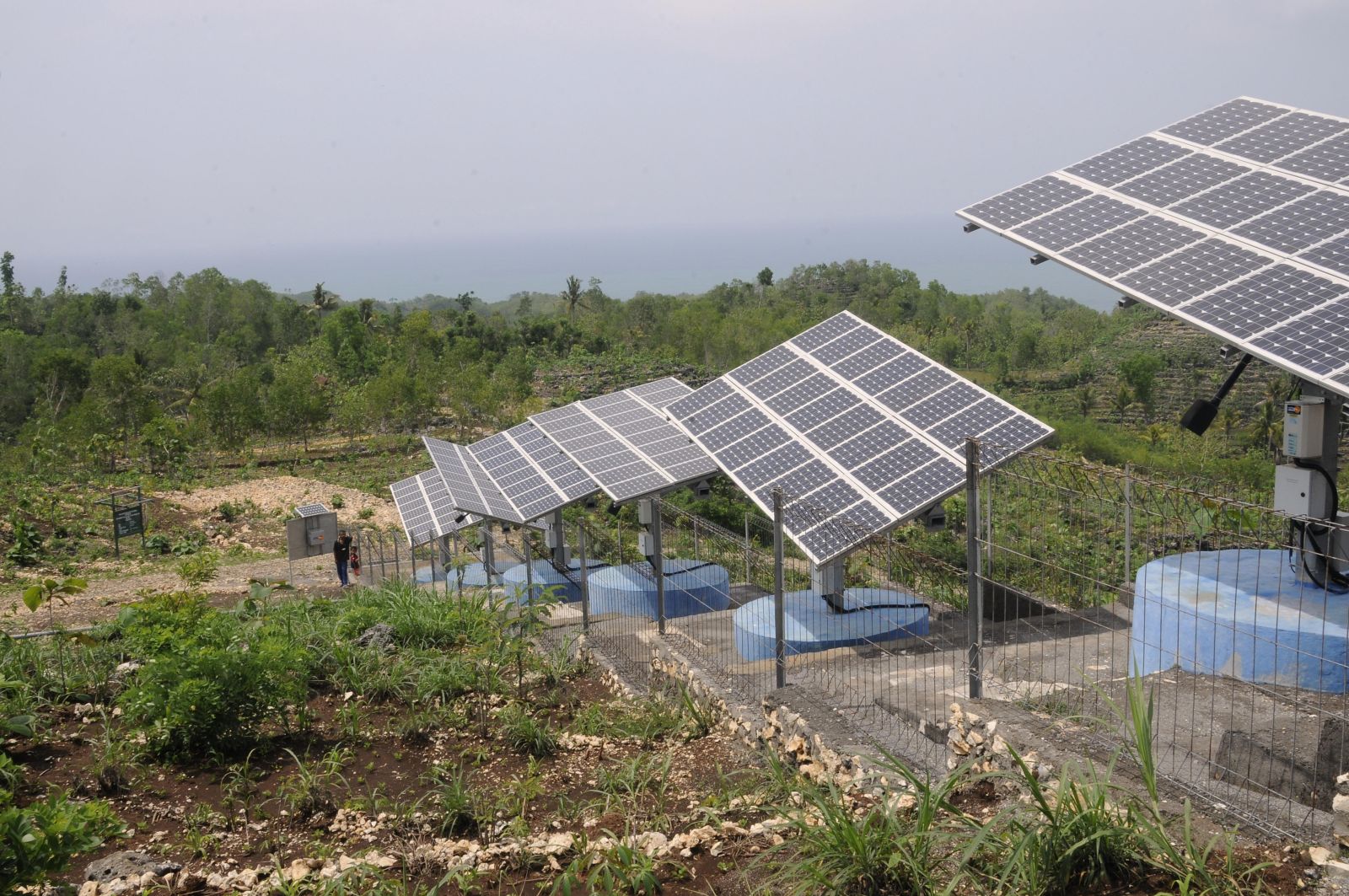EU
Managing African migration

Migration management has been high on European policymakers’ agenda since 2015, as David Kipp and Anne Koch write in their introduction. The idea is increasingly to control and stem the flow of migrants outside the EU in order to ensure that refugees do not even arrive at European borders. According to Kipp and Koch, this trend towards “externalisation” is the lowest common denominator of EU migration policy.
The EU is forming so-called migration partnerships with countries of transit as well as origin. The partnerships involve cooperation on issues such as trade, security and development. The EU is not fulfilling old promises of facilitating legal migration options, but is increasingly using financial incentives, including in relations with authoritarian regimes. The authors point out that development cooperation is thus being subordinated to “fighting the causes of flight” and keeping migrants away. The EU is ever more willing to cooperate with undemocratic governments, especially when it comes to security issues on European borders, the study states.
Authoritarian African governments respond in different ways to EU initiatives. The SWP team assessed matters in Egypt, Algeria, Morocco, Niger, Sudan and Eritrea. The degree to which these countries are under dictatorial rule varies. In their conclusion, the SWP editors Anne Koch, Annette Weber and Isabelle Werenfels point out that some governments are proactive and want to shape migration policy, whereas others only respond to European proposals.
According to the study, an African government’s stance depends on five distinct issues:
- state capacities and the quality of statehood in general,
- the relationship with European countries, which is typically marked by colonial history and liberation struggles,
- existing migration patterns,
- regional contexts, including conflicts, and
- prior experience of cooperation with the EU.
All countries considered have in common that their response to EU proposals is driven by concerns to stay in power and enhance the government’s legitimacy, according to the SWP. Typically, governments are more interested in international acknowledgement and the loosening of sanctions than in development funds. The editorial team concludes that European policymakers should heed their advice in five areas:
- Migration should be considered a complex international phenomenon, so European policies should take regional dynamics into account
- Mobility within world regions deserves support and must not be disrupted by restrictive border management.
- The EU needs a clear policy on funding to prevent that government misuse payments for repressive purposes.
- The governments of countries that depend on migrants’ remittances are – and will continue to be – interested in legal options for migration.
- In regard to human rights, the EU should define and enforce red lines.
According to the publication, Morocco’s government is pursuing a migration policy of its own and is interested in raising its international profile, whereas Egypt’s is mostly reacting to European proposals and focusing on entrenching its power domestically. In contrast, the way Algeria and Eritrea respond to European initiatives is marked by scepticism towards cooperation. The editors argue that this is the result of anti-colonial struggles.
In the eyes of the SWP team, the response of Niger is neither strategic nor sceptical. As the regime is interested in both money and a better reputation, the EU is basically able to remote-control its policymaking. The scholars warn, however, that the measures promoted by the EU are disruptive and may trigger conflict. The reason is that, after migration boosted the regional economy, especially in the area around Agadez in Niger’s north, border controls have more recently limited migration. As discontent grows, the mood may turn violent.
Link
Koch, A., Weber, A., Werenfels, I., 2018: Migrationsprofiteure? Autoritäre Staaten in Afrika und das europäische Migrationsmanagement. (Profiting from migration? Authoritarian regimes in Africa and European migration management – only available in German)
https://www.swp-berlin.org/fileadmin/contents/products/studien/2018S03_koc_web_wrf.pdf














